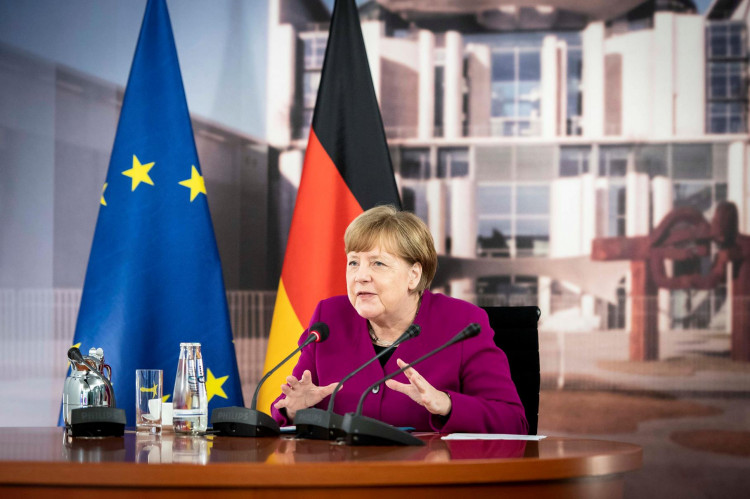France and Germany have both given the green light to back a 500 billion euro ($543 billion) financial package to help the European Union tackle the ravages of a global health disaster never before seen in human history.
Leaders of the two governments - French President Emmanuel Macron and German Chancellor Angela Merkel - approved of the proposal to disperse cash assistance to member nations, with payments based on contributions to the union's existing financial reserves.
Under the new proposals by Macron and Merkel, the 27 member states of the European Union would borrow jointly through the form of grants rather than loans to provide relief to nations reeling from the ill effects of the coronavirus pandemic.
The initiative by Europe's two most influential markets comes after Germany scrapped previous demands for so-called coronabonds, issued as part of collaborations to pay for handling the pandemic.
As a result of the "unusual nature of the crisis, we are choosing an unusual path," Merkel told reporters following the joint announcement, and as reported by Frank Jordans and Sylvie Corbet in an Associated Press report on May 18. Macron, for his part, disclosed that the new financial package was a way "to make Europe move forward," the AP report added.
With the possibility of burden-sharing being more real, Italian bonds have leapt the most since March with ten-year yields dipping to 1.68 per cent as much as 20 basis points. The risk premium over German securities, which fell on the news, narrowed to 216 basis points, this month's lowest level. The euro jumped to $1,0887 by 0.6 per cent.
Merkel said that the funds would be part of the EU budget and the European Commission will have the authority to borrow money on capital markets. The funds will be given out on the basis of member states' needs, while repayments will be tied to the sums paid into the coffers of the bloc, Macron added.
France and Germany will press for a fast deal but the agreement still needs to be authorized by the Netherlands, which has come out as the main fiscal hawk on coronavirus rescue contracts.
Since the outbreak, EU member countries have been at loggerheads as dividing lines have been put in place by richer and fiscally prudent northern European countries afraid of taking on the burdens of the likes of debt-stricken Spain and Italy.
European Commission President Ursula von der Leyen has welcomed the new plan, saying that it acknowledges the magnitude and scope of the economic difficulties that European nations are beset with, while placing premium on the exigency to craft a solution with the European financial capability at the cornerstone.






